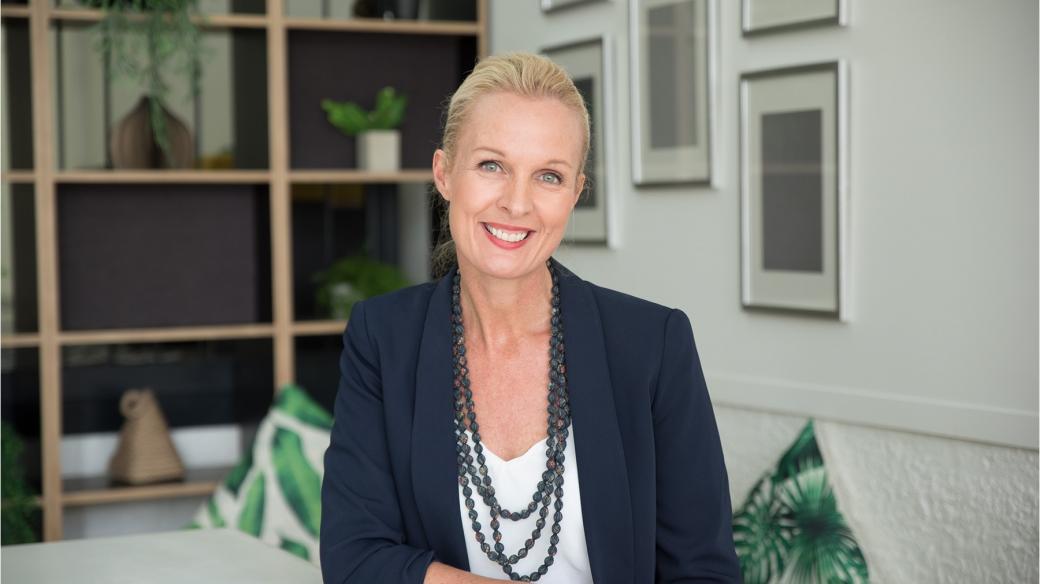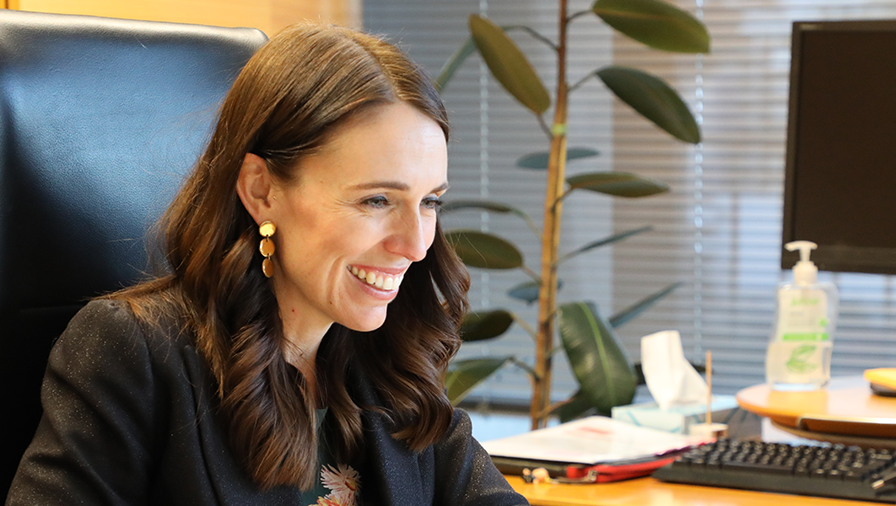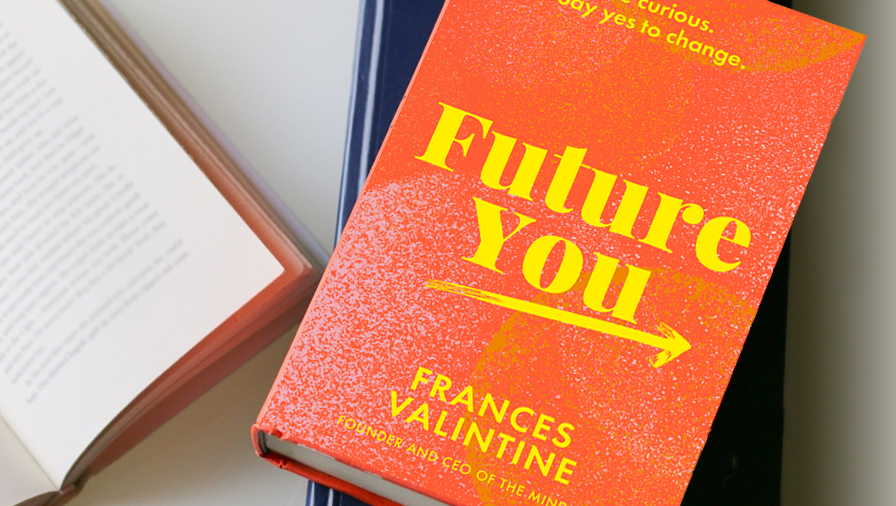Future shock: Riding the waves of change
OPINION: New Zealand futurist and entrepreneur explains how you can learn to cope.
OPINION: New Zealand futurist and entrepreneur explains how you can learn to cope.
A lifetime in the media, with its constant change, may not equip you for every confronting issue in life. But it does give you an ability to avoid the many perils in communication – mystifying jargon, misleading newspeak, and plain incomprehension.
I once took part in a pitch contest to evaluate propositions from would-be entrepreneurs. The university organisers had only one condition: the participants weren’t allowed to use the word ‘technology’. I imagine it was hard, as business presentations are full of such weasel words.
Think of words and phrases such as journey; challenge; drive, going, or moving forward; learning (as a noun); and legacy and across, when simpler prepositions are available. When you describe yourself as a technologist, it comes with a ready-made vocabulary about change, the past, and the future.

Frances Valintine tells her story in Future You, which is part management advice and part anecdote of running a family-owned educational business, being absorbed into a foreign corporate culture, and finally launching her own successful ventures. She has been interviewed by NBR on several occasions.
Her achievements have brought widespread recognition among her peers, and a Companion of the New Zealand Order of Merit in the 2018 New Year Honours. She has a number of directorships, including Callaghan Innovation and Watercare. On reaching her 50s, she is entitled to look back and record how she got there, while giving pointers on how change can be managed and embraced. In private life, she brought up a family.
Skipped university
Valintine did this without taking the conventional course for someone born at the beginning of the 1970s. After a rural upbringing, with parents who married in their 20s, she skipped university and headed straight to London for her OE aged 18.
By the time she arrived back in New Zealand, expelled from Turkey during the disruption of the first Gulf War, she had travelled extensively and had been exposed to the early stages of personal computers, the internet, and digitisation of business processes.
To illustrate the degree of change since then, she notes this was at a time when cellphones didn’t exist, Europe had no common currency, and cameras still used film. It led to a life of teaching futuristic skills to young students as well as mature adults. She still doesn’t feel businesses weigh the value of constantly upgrading these skills against the cost of, say, insurance.
‘This was at a time when cellphones didn’t exist, Europe had no common currency, and cameras still used film.’
After taking the reins of a business called Mega Brain Centre, when the owner decided to move back overseas, Valintine ran Media Design School, founded by her mother, from 1999 to 2013. She was unimpressed by the corporate culture of an American multinational, which bought Media Design School in 2011. In two years, she left to started her own business.

Unfortunately, Future You is frugal with background information and acknowledgements, often leaving the reader wondering about locations, family names, the oncologist who saved her son, business colleagues, and even schoolmates who were involved in a murder.
As a result, the book has no illustrations or an index, and is of little use for reference. This lack of name-dropping has one exception, though. Jacinda Ardern was an early member of a “sister wives” network of professional women.
Passionate views
Instead, Valintine concentrates on her passionate views about the shortcomings of the education system to enable people to make the most of new tools and techniques as they become available. For example, today’s teenager is unlikely to use printed newspapers, scheduled television, libraries, taxis, bank branches, nine-to-five office work, fax machines, pagers, iPods, and even email.
Her two businesses, The Mind Lab and Tech Futures Lab, range from teaching seven to 12-year-olds about new stuff such as 3D printing, coding, gaming and robotics they don’t learn at school through to equipping older people, including teachers and business executives, with up-to-date skills.
The underlying philosophy is that significant change is coming sooner rather than later. “[A]utomation and artificial intelligence will most likely impact your tasks rather than your role... Many of our tasks will be processed by algorithms. However, it is our responsibility to lean into new ways of processing functions and mobilising systems so our customers, clients and community can benefit from the lower costs and productivity gains of tech-enabled businesses.”
If that takes some digesting, Valintine completely ditches her easygoing style when not talking about her personal experiences. Management speak takes over when writing about leadership styles.
“Trust has become integral to high-functioning organisations, and it starts at the top. My earliest teams had hierarchies and complex layers, but these have fundamentally vanished, and I now have interdisciplinary self-forming project teams that create solutions to move projects and initiatives forward.”

Highs and lows
Respite from this wokeist language occurs when Valintine lists some of her highs and lows. In 2016, she met Joe Biden after a function in Auckland, noting how he engaged with each person in a way that underlines why he is now the US president.
Among several lows was an after-lunch presentation in the Netherlands soon after a tiring 28-hour flight from New Zealand. The following speaker had been delayed by snow, so the audience literally cancelled the event by going home early to avoid the weather.
Another low, which will have many wanting to know more, is the fate of a $50 million investment fund run by an unnamed government entity that put money in one of her businessses. The institute had made some poor decisions, and the board demanded its investment be paid back to recover these losses.
Valintine had to sell her family home to cover the debt of being forced to buy out her partner even when the venture was on a profitable path. She now advises businesses in their initial stages to assess potential investors with care to avoid being put in a similar position. Her business survived but there was some karma in the final washout.
“I watched on as they ran for cover, deflecting questions, and escaping blame in the media. Inside their organisation, heads rolled, people left, and a new administration was established.”

Future You, by Frances Valintine (HarperCollins).
Nevil Gibson is a former editor at large for NBR. He has contributed film and book reviews to various publications.
This is supplied content and not paid for by NBR.